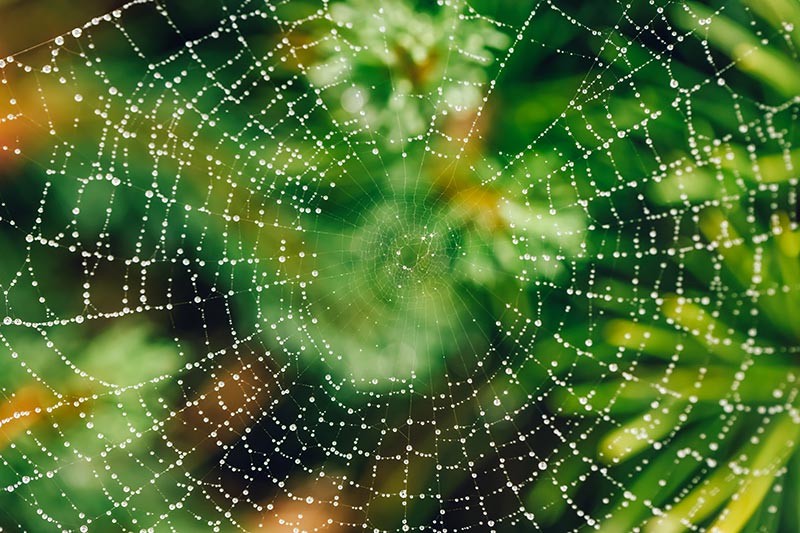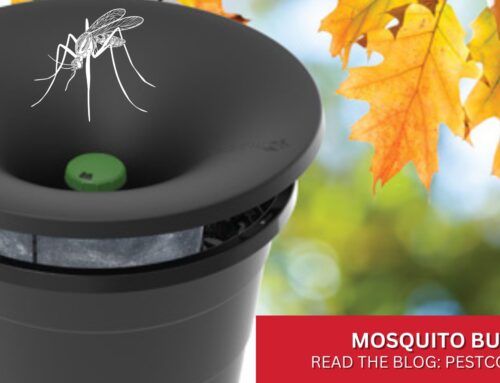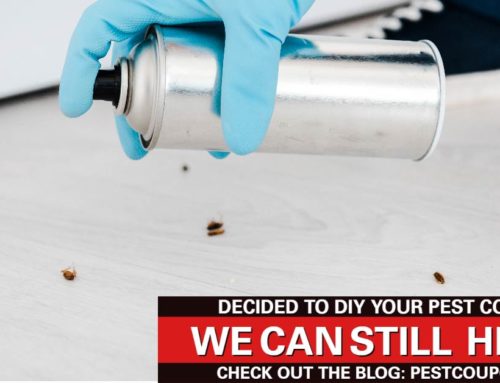Is there anything that loves spring rain more than May flowers? There’s one thing! Pests. Many Spring pests emerge as the seasons change because they are attracted to the more comfortable temperatures and frequent rainfall. While all animals need water in some shape or form, there are various creatures particularly attracted to humidity and moisture. Read to learn more about the biggest problem-pests to protect your home against this Spring.
Cockroaches, Mosquitoes, and Termites, Oh My!
There are three specific moisture-loving pests we stay vigilant for during our pest-prevention inspections: Cockroaches, Mosquitoes, and Termites. There are other pests that enjoy a good rainfall, but these pests are the most likely to breed in damp, humid environments. And when your pests start to breed, you know you have a problem.
How to Spot Signs of a Cockroach Infestation
Cockroaches traditionally prefer dark, moist areas in which they can hide from humans and breed to their heart’s content. Due to their flat, hardy bodies, cockroaches can fit into hard-to-reach places, such as beneath mats, behind wallpaper, and between cracks in the floor and wall. But how can you tell if you have signs of a cockroach infestation?
- Cockroach Feces. If you have a cockroach infestation, there will be plenty of signs. Cockroach droppings resemble coffee grounds or black pepper. Some larger cockroaches have droppings that are more cylindrical.
- Cockroach Smell. It’s every homeowner’s worst nightmare. Not only do these little creatures look creepy, but they can also emit a disgusting, musty odor.
- Cockroach Eggs. One or two adult cockroaches may not be an emergency. Once you start to see baby cockroaches, however, you know you have a problem. Eggs are shiny, oval-shaped cases. If you have an infestation, they can be found in hidden, dark locations, such as behind furniture or books.
Preventing Mosquitoes from Taking Over Your Yard
Mosquitoes are another pest that love moisture, primarily because they prefer to breed in and around standing water. According to the CDC, studies show that female mosquitoes actually prefer to lay eggs in more man-made structures, such as birdbaths, garbage cans, or gutters. Under the right conditions, these eggs can hatch in about a week, resulting in a bloodthirsty mosquito swarm in your yard. What’s the best way to prevent hungry mosquitoes? Every week, make sure to clean and flip the following containers that can collect standing water:
- Rain Barrels
- Garbage Cans
- Pool Covers
- Tires
- Plant and Flowerpot Containers
- Vases
- Pet Bowls
Protect Your Home Through Termite Control and Prevention
We saved the most destructive pest for last. In Mississippi, the mighty termite is a formidable foe. By the time homeowners discover signs of termite activity, it usually means these creatures have been munching away at the walls of their homes. The first step is to make sure you have a termite with a reputable pest control company (like Orkin!) and take external precautions to protect your property.
- Eliminate Water Near Foundation. If the foundation of your home is surrounded by damp soil, come up with a plan to divert the water causing the moisture. Inspect your home to ensure your gutters are fully functioning and any air conditioning units, pipes, and faucets are drip-free.
- Avoid Wood Near Ground. Termites will try to seek out the easiest, most available food source. Wood foundations in direct contact with soil are easy-access food sources for hungry termites.
- Mind Your Mulch. Mulch is a sponge for moisture, and is one of the most tempting delicacies for termites. When using mulch, make sure to keep it away from the edge of your home, and apply it sparingly.
- Store Firewood Properly. If you have spare wood, such as firewood, lumber, or scrap wood, remember to store it far away from your home. You can keep wood in a shed, elevate it above ground, or cover the wood with a tarp.
Does the Forecast Call for Showers? Defend Your Home!
Now that you know the three primary moisture-loving pests to avoid this Spring, you can start defending your home from an insect invasion! First and foremost, if you do not have pest and termite contracts, call Orkin right away! An expert pest control technician will evaluate your home and determine the best course of action.







